Nothing's first wireless earbuds have a few drawbacks, but they excel in one area: sound quality.
There's no dearth of choice if you're in the market for wireless audio. The best wireless earbuds from Samsung, Sony, Jabra, and Sennheiser deliver incredible sound and come with useful features like the ability to tune out background noise and water resistance. But what's particularly interesting is how far budget wireless earbuds have come in the last three years; these days, you can get great-sounding earbuds that offer the same set of features as their high-end counterparts for $100 or less.
So when Carl Pei announced that his startup Nothing was launching wireless earbuds that would disrupt the audio segment, I was skeptical. But history is on Pei's side; he already managed to shake things up in the smartphone industry with OnePlus, and it's clear that he set to do something similar with Nothing.
In fact, Nothing evokes memories of OnePlus during its infancy, with Pei employing similar tactics to build hype. Over the last 12 months, Pei generated a drip-feed of information to ensure Nothing is always in the news cycle, and the result is that the ear (1) have created a level of interest that's unheard of in this category.
There are good reasons for this excitement: the ear (1) have a unique design that makes them immediately noticeable, and they have a surprisingly robust feature-set for $100 earbuds. So do these earbuds have what it take to go up against the best that this segment has to offer, or are we making much ado about nothing? Let's find out.
Nothing ear (1)
Bottom line: The Nothing ear (1) combine outstanding sound quality with a fun see-through design that makes them stand out. They do a great job reducing background noise, and feature Qi wireless charging as well as an IPX4 rating for workouts. There are a few downsides: you won't find AptX HD, the battery life isn't on par with rivals, and there's no assistant integration, but as an overall value, the ear (1) get a lot right.
The Good
- Fun design with a comfortable fit
- Amazing sound
- IPX4 sweat resistance
- Excellent noise isolation
- Qi wireless charging
- Standout value
The Bad
- Average battery life
- No AptX
- No digital assistant integration
- Case scratches easily
$99 at Nothing £99 at Nothing UK ₹5,999 at Flipkart
Nothing ear (1): Price and availability
The Nothing ear (1) were unveiled on July 27, and they go on sale globally starting August 17. They'll set you back $99 in the U.S., €99 in Europe, £99 in the UK, and ₹5,999 ($80) in India. They're available in a single color option, pair over Bluetooth 5.2, and will work just fine with Android and iOS devices.
Nothing ear (1): Design
The Nothing ear (1) don't look like any other earbuds in the market today. The case has a clear design that shows off the buds in all their glory, and while the buds themselves aren't fully transparent, the stalk has a clear plastic finish that lets you view the battery and internal hardware.
The ear (1) have a unique design that makes them immediately stand out.
The portion of the 'buds that houses the driver is made out of white plastic, and it has a glossy finish and a coating to prevent dust and smudges. The design is very minimalist and gives the ear (1) a level of elegance that isn't usually found in this category. This see-through design comes from Swedish audio purveyor Teenage Engineering, who is a founding member of Nothing. The brand made a name for itself over the last decade for its synthesizers — including the seminal OP-1 and the more recent OP-Z, and its range of pocket synthesizers called Pocket Operator.
Teenage Engineering also makes a wireless speaker dubbed the OD-11, and its products are characterized by either quirky or minimalist designs, and the ear (1) has an amalgamation of the two. While the transparent design allows it to immediately stand out in a sea of identical wireless earbuds, I would have liked to see a fully see-through option.
Nothing says that weight was a key consideration with the ear (1), and as a result each earbud comes in at just 4.7g. The earbuds also have a comfortable fit; I have issues getting wireless earbuds to fit (I did not care for the Buds Live), but that wasn't a problem here. A sizeable portion of the ear (1) sits just above the inner ear, and I didn't feel any discomfort even after using the earbuds for more than three hours at a time; the lightweight design makes a big difference here.
At just 4.7g, these are among the lightest earbuds around — you'll feel like you're wearing nothing.
The stalk itself is flat, and it doubles up as a gesture control area on either earbud. You can easily customize the gestures via the bundled app, but more on that later. You get three sizes of eartips with the ear (1), and the default medium ones were the most comfortable for my use.
Each earbud has the product and brand name engraved along the length of the stalk, and there's a visual indicator that lets you differentiate between the left and right earbud: red for right and white for left. You'll find corresponding labels on the case as well, and it just makes slotting the earbuds inside that case just that little bit easier.
The case also has an indent between the two earbuds, and Nothing says it was done to secure the earbuds so they don't jostle around, and to make it easier to carry. While I love the look of the case, it is the weak point in the design; I can already make out a few scratches after just three days of using the ear (1), and I'm wary of its long-term durability.
Nothing ear (1): Features
The ear (1) connect over Bluetooth 5.2, and they deliver rock-solid connectivity. The earbuds are also IPX4 sweat and water resistant, so they can be used for workouts. I haven't tested these for workouts yet (unless you count line-drying clothes a workout), but I wore them while doing chores around the house and didn't lose connectivity.
You get plenty of useful features here, including the ability to tune out background noise.
There were no issues with pairing the earbuds over Bluetooth, but you'll want to use the app to unlock their full potential. The app allows you to customize gestures, view the battery level for each earbud, update the firmware, and more. There's also a nifty Find My Earbud feature that produces a loud tone to make it easy to locate a missing earbud.
There's also auto-pause/play, so music automatically stops when you remove either earbud, and resumes once you put them back in your ear. The standout addition, however, is active noise cancellation. You get two levels of noise cancellation — Light and Maximum — and the earbuds do a great job tuning out ambient noise, including the hum of an air conditioner or fan. They're not quite as robust when it comes to loud sounds, but you will see some gains with the mode enabled.
There's also a transparency mode that lets ambient sound through to the earbuds, and it works reliably well. There are three built-in mics on each earbud, and they come in handy when making calls. Nothing says it uses algorithms to tune out wind noise (up to 40km/h) so you can make crystal-clear calls, and while it doesn't get that windy where I live, the few calls I made with the ear (1) were hassle-free.
You can also customize gestures using the app. At the moment, you only get the ability to set gestures for triple tap and a long tap. By default, a double tap gesture is used for playing or pausing music, and you can adjust the volume by swiping up and down the length of the stalk.
You won't find Alexa or Google Assistant on the ear (1).
The ear (1) has feature parity on Android and iOS, but you can only connect the earbuds to one device at a time. There is fast switching that lets you easily move between devices, but there's no ability to pair to two devices simultaneously.
Another notable omission is digital assistant integration. You won't be able to invoke Google Assistant or Alexa with the ear (1), and Nothing has confirmed that there's no plan to add the feature down the line. That's a big miss considering most earbuds in this segment offer some sort of digital assistant integration as standard, so this is a feature you rely on, you will have to look elsewhere.
Nothing ear (1): Sound quality
While the design makes the ear (1) stand out, it is ultimately down to the sound quality to determine if the earbuds can hold their own against the best that Samsung, Jabra, Anker, and others have to offer in this category. And in this regard, Nothing delivers in spades.
The ear (1) may just be the best-sounding $100 wireless earbuds I've ever used.
Nothing says it tested a dual-driver design, but ultimately went with a single 11.6mm driver due to weight and balance issues. Like the design itself, the driver tuning was done by Teenage Engineering, which is a good thing as the Swedish firm has a rich heritage in this area.
The ear (1) gravitate toward a sound signature that's bright and inviting, with a tight bass, vibrant mids, and sibilant highs. I listened to HIM's Dark Light, Pink Floyd's The Dark Side of the Moon, the Tron Legacy soundtrack by Daft Punk, and older synth-focused albums like Kraftwerk's The Man-Machine, and what was immediately evident was that these earbuds are just as proficient at EDM and hip-hop as they are at heavy metal and progressive rock.
Then I switched over to Kronos Quartet's Pieces of Africa; this album has a lot of African percussive instruments that are layered with violins and cellos, and the ear (1) produced a full sound with clear instrument separation. Similarly, Eluveitie's Slania is a folk metal album that has a lot of instruments — including a mandolin, Irish flute, and a hurdy-gurdy — and the earbuds handled the complexity with aplomb. Inis Mona in particular is a fantastic showcase for folk metal, and the ear (1) did a great job rendering the layered instruments and vocals.
There's no AptX or LDAC, but it isn't a big omission.
The ear (1) have a dynamism to the sound that's not present in this category; I constantly had to remind myself that the earbuds cost $99 and not $199. I used them alongside the Jabra Elite 75t and Soundcore Liberty 2 Pro, and the ear (1) handily beat both earbuds. In fact, they're nearly on par with the Galaxy Buds Pro.
The tight low-end in particular makes the ear (1) a great option if you like listening to bass-heavy songs. The default mode out of the box is balanced, and while there's no option to adjust the EQ, you get three other modes to choose from: high bass, high treble, and voice.
The one downside is that the ear (1) lack high-fidelity audio codecs; you'll find AAC and SBC here, but no AptX or LDAC. It isn't a huge omission as a majority of the ear (1) target audience will stream music from the likes of Spotify, and for that particular use case the SBC codec is more than adequate.
Nothing ear (1): Battery life
Because Nothing prioritized a lightweight design, the ear (1) don't really measure up to their rivals in terms of battery life. Each earbud houses a 31mAh battery that lasts up to four hours on a full charge, and the case has a 570mAh battery that's good for charging both 'buds six times over. So with the case fully charged up, you're looking at around 24 hours of music playback with the noise isolation enabled, and 34 hours without.
Battery life is strictly average, but wireless charging is a useful addition.
Battery life isn't particularly great — most earbuds in this segment last at least five hours. What makes things slightly better is that the earbuds have fast charging: a 10-minute charge gives you 50 minutes' worth of music playback, and the case battery picks up six hours' worth of charge in the same time when plugged in via the USB-C cable.
And there's wireless charging here as well, a feature that you don't usually get in this segment. The case can charge at up to 5W using the Qi wireless standard. And just like with Samsung's Galaxy Buds series, you can use a phone with reverse wireless charging — like the Galaxy S21 or Mi 11 Ultra — to charge the ear (1) wirelessly.
The one issue I faced with charging is that due to the way the earbuds are positioned within the case — they're angled sideways — they don't always line up with the charging connector. I realized this during the second day of usage; I left the earbuds in the case to charge, and when I took them out I found that the right earbud only charged up to 50% while the left was at 80%. So you'll want to pay close attention to the fact that both earbuds are connected securely when you leave them in the case.
Nothing ear (1): Competition
The $100 wireless earbuds category is filled with great options, including the Soundcore Liberty 2 Pro. These earbuds have a dual-driver design, last up to eight hours from a full charge, and let you customize the EQ. They also have IPX4 water resistance and wireless charging, and while the sound quality isn't as good as the ear (1), they are a more mainstream alternative.
Amazon's Echo Buds 2nd Gen are a great choice in this segment. They sound great, last five hours between charges, do a great job isolating background noise, and feature Alexa and Google Assistant integration.
I also like Samsung's Galaxy Buds Plus. They're a great all-round product, offering decent sound quality, comfortable fit for all-day use, large surface area for gesture control, and last over ten hours on a full charge.
Nothing ear (1): Should you buy it?
You should buy this if ...
- You want earbuds with a unique design
- You need the best sound quality for $100
- You want Qi wireless charging
- You're looking for powerful noise isolation
- You need IPX4 sweat resistance
You shouldn't buy this if...
- You need more than four hours of battery life
- You're looking for Google Assistant or Alexa integration
- You need AptX or the LDAC audio codec
Using the ear (1), I'm reminded of OnePlus during its early years. Just like OnePlus, Nothing is targeting enthusiasts, with the ear (1) offering sound quality that's above and beyond what you'll find in this category. Sure, the battery life isn't ideal, you don't get Google Assistant or Alexa integration, and there's no AptX codec, but the earbuds excel at the basics.
I wouldn't be astonished if Nothing was foregoing margins with the ear (1) as it seeks to build a userbase. After all, that was the playbook that OnePlus used in the beginning, and it is feasible that Nothing is emulating the same strategy as it seeks to gain a foothold in the crowded wireless audio category.
At the end of the day, the ear (1) are a decent bargain — there are a few downsides, but if you care about sound quality, they're the best you'll find in this segment.
Nothing ear (1)
Bottom line: If you want the best-sounding wireless earbuds for $100, you will have to pick up the ear (1). The unique design combined with the host of features make these earbuds a standout value, and while they are lacking in a few areas, the sound quality on offer more than makes up for the downsides.

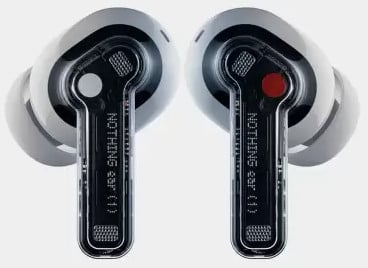
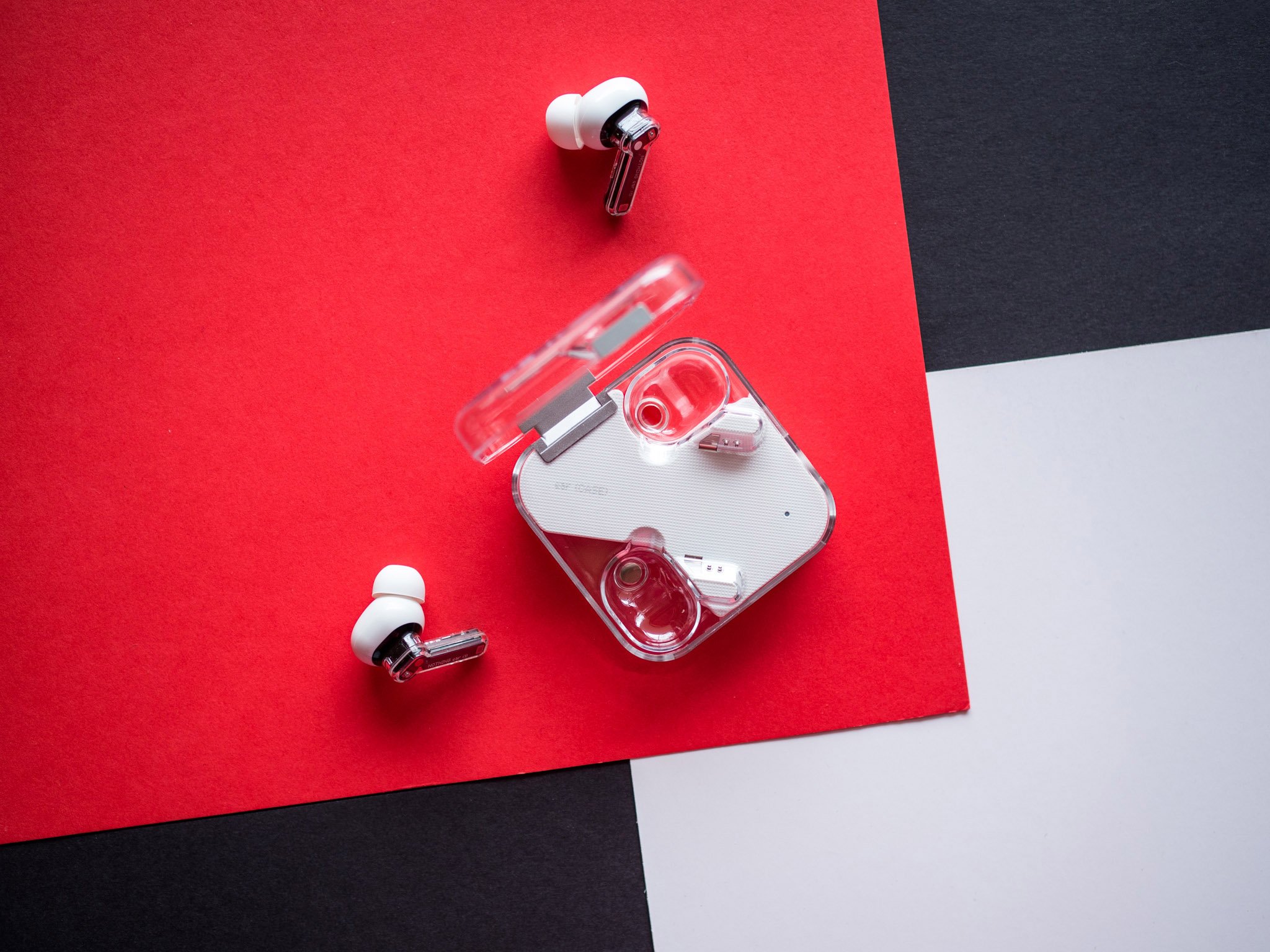
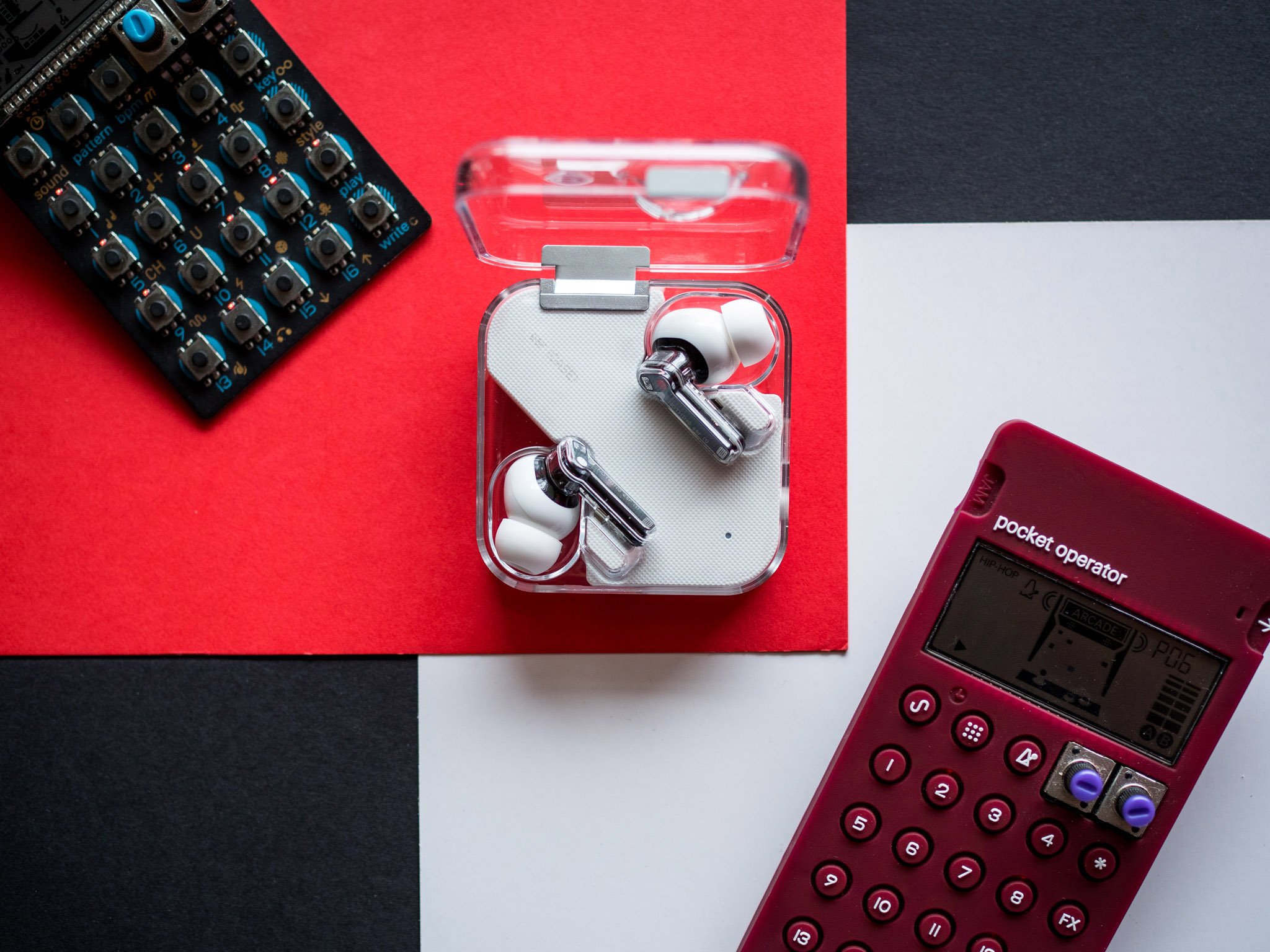
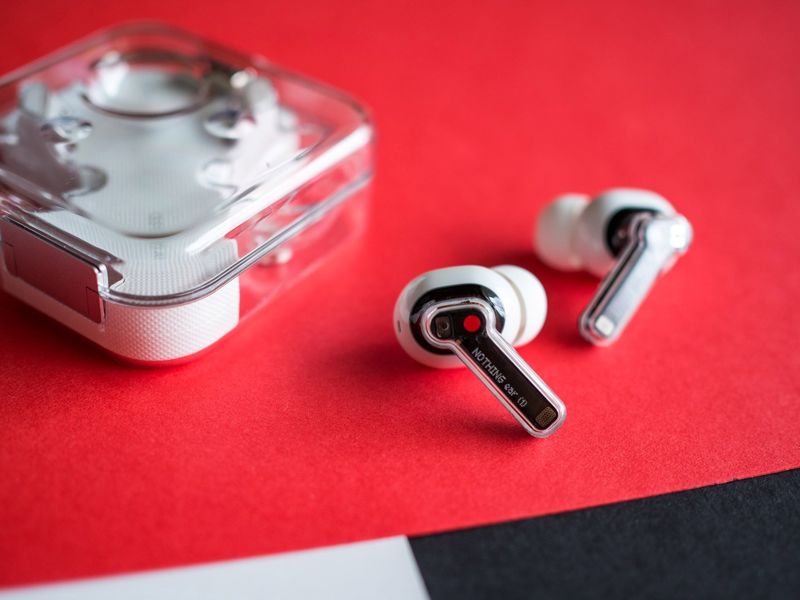
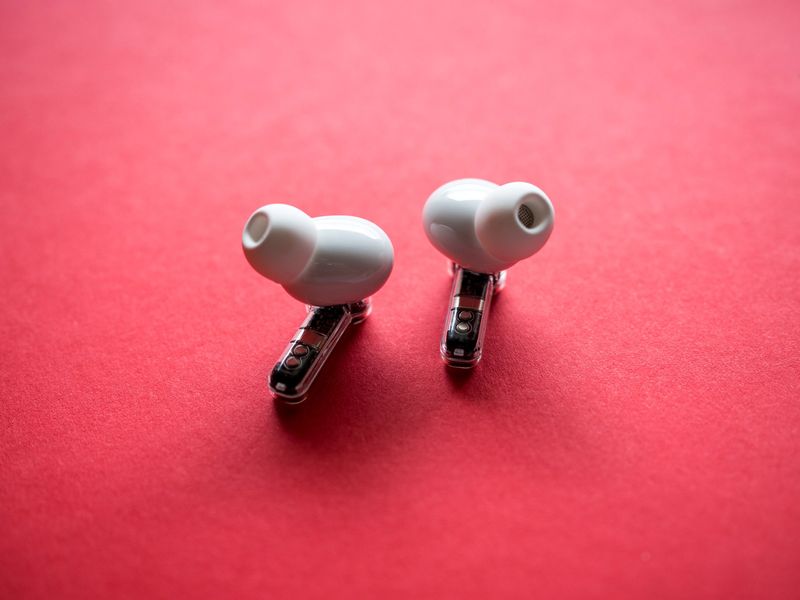
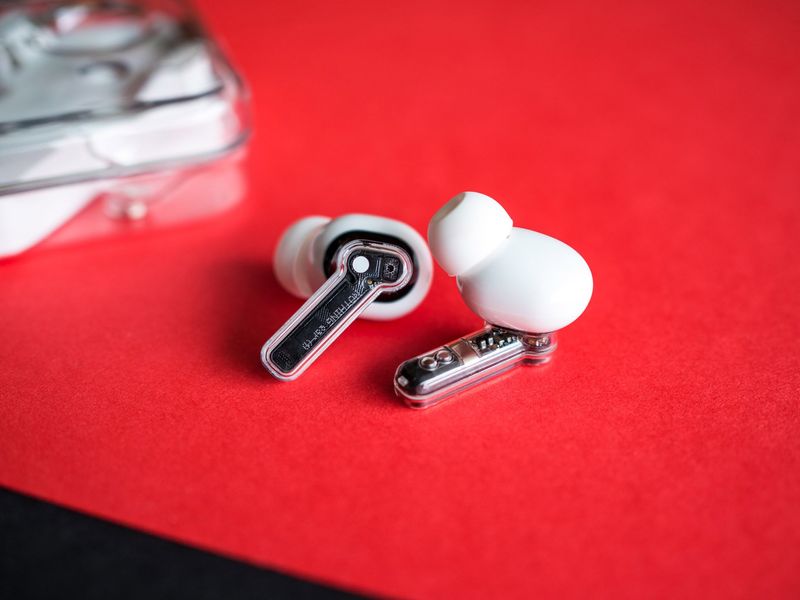
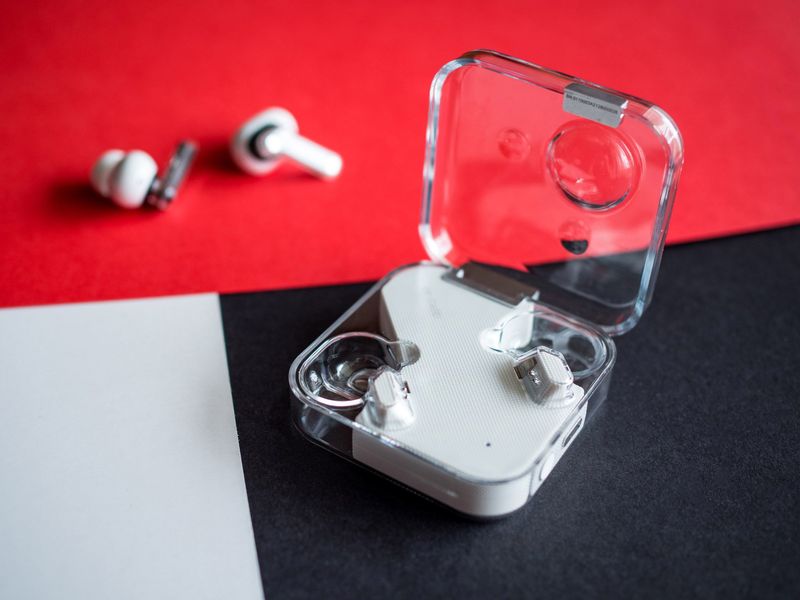
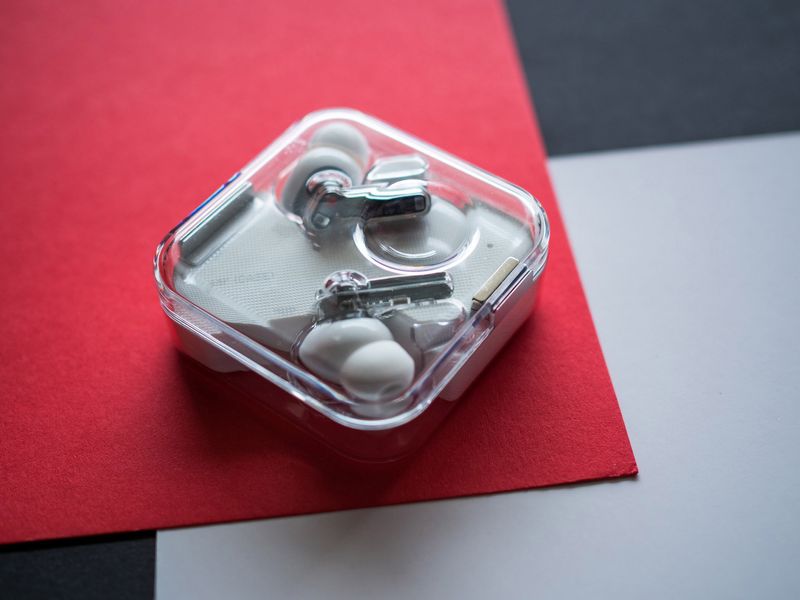
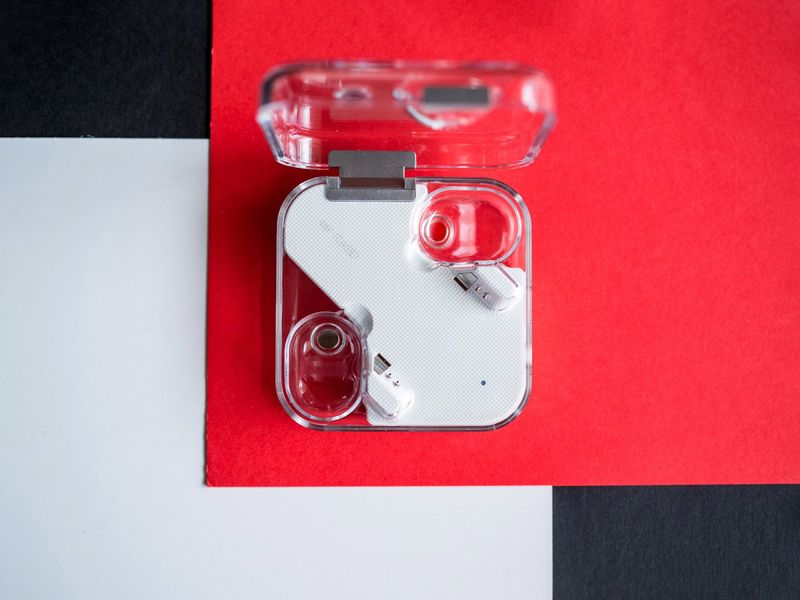
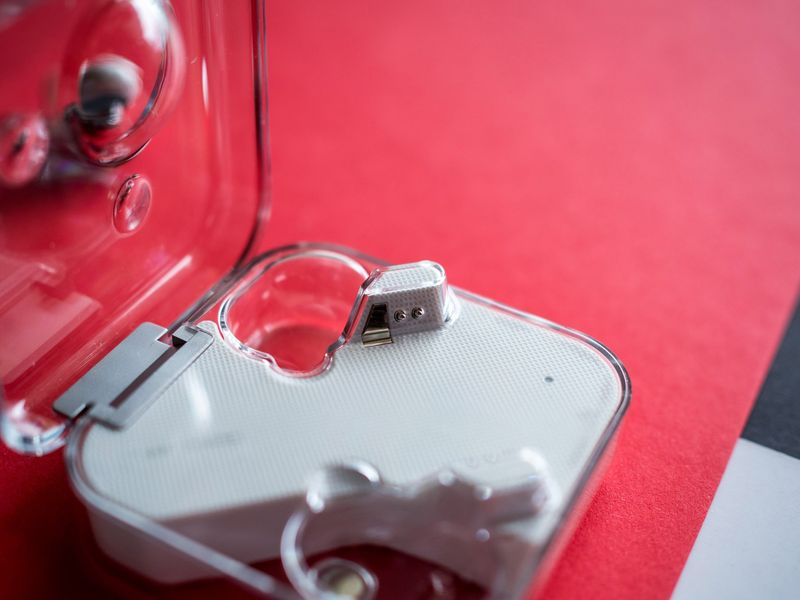
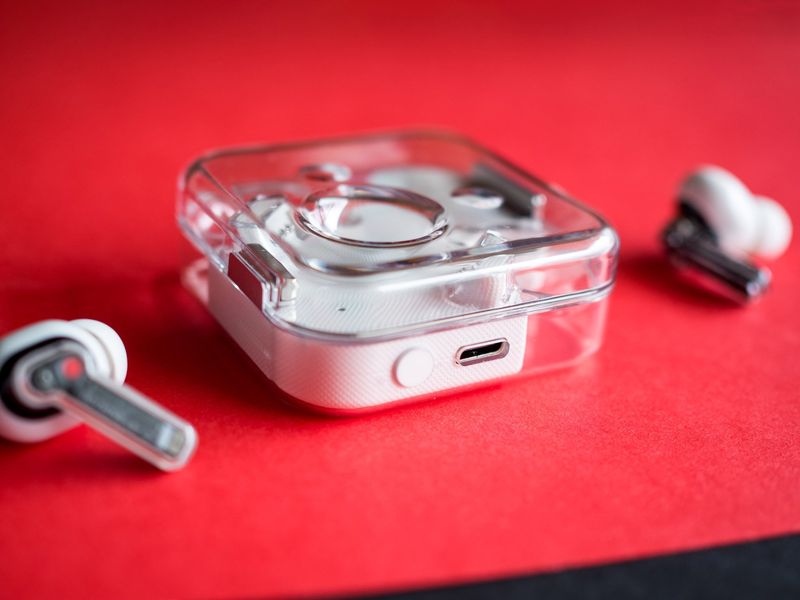
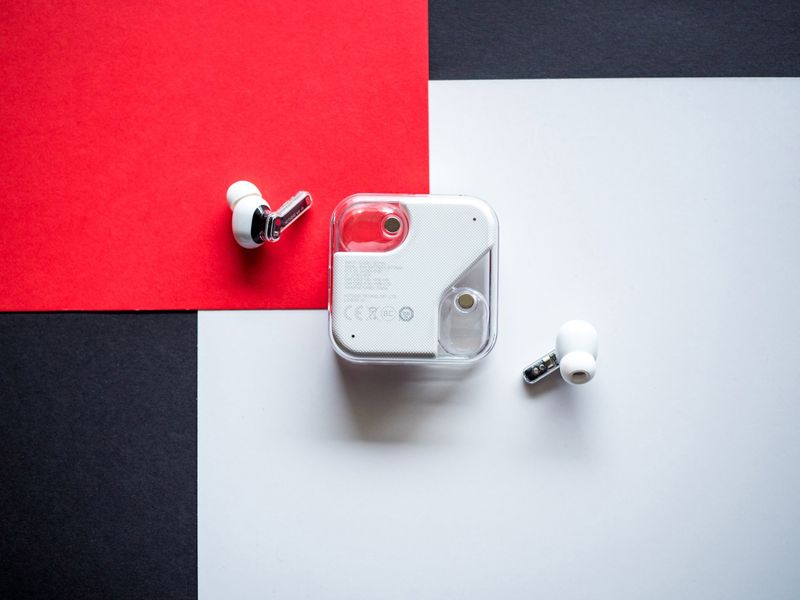
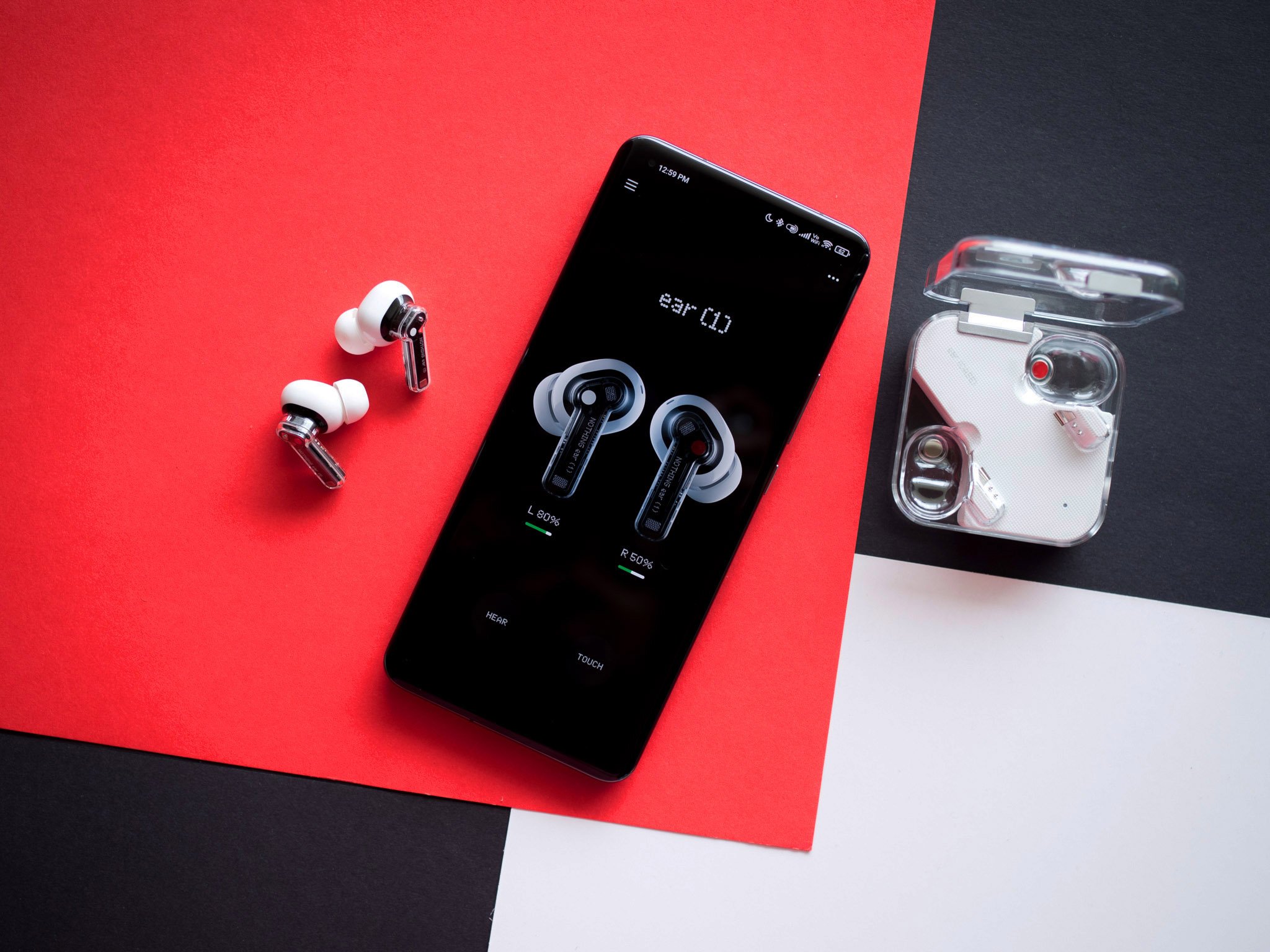
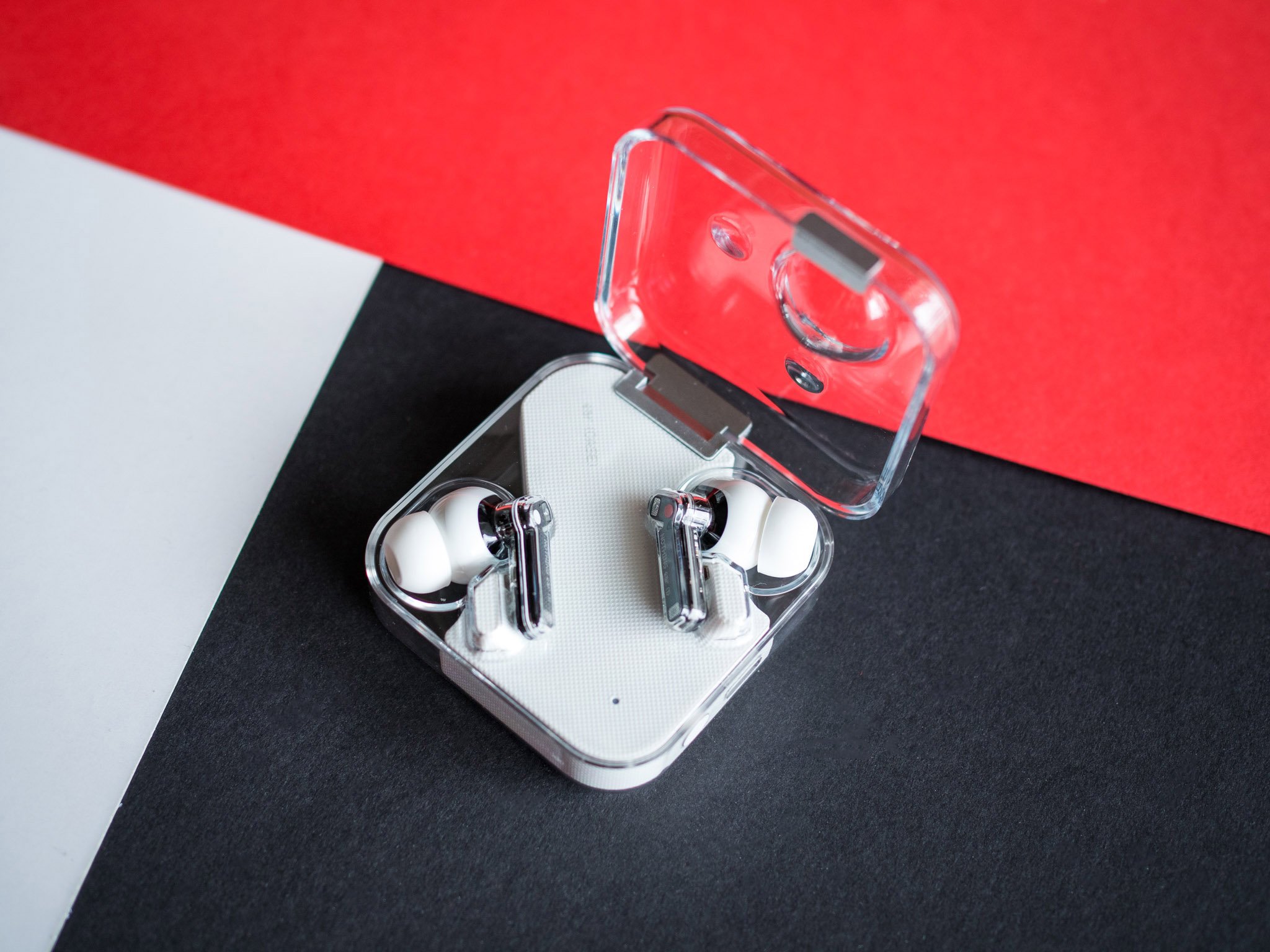
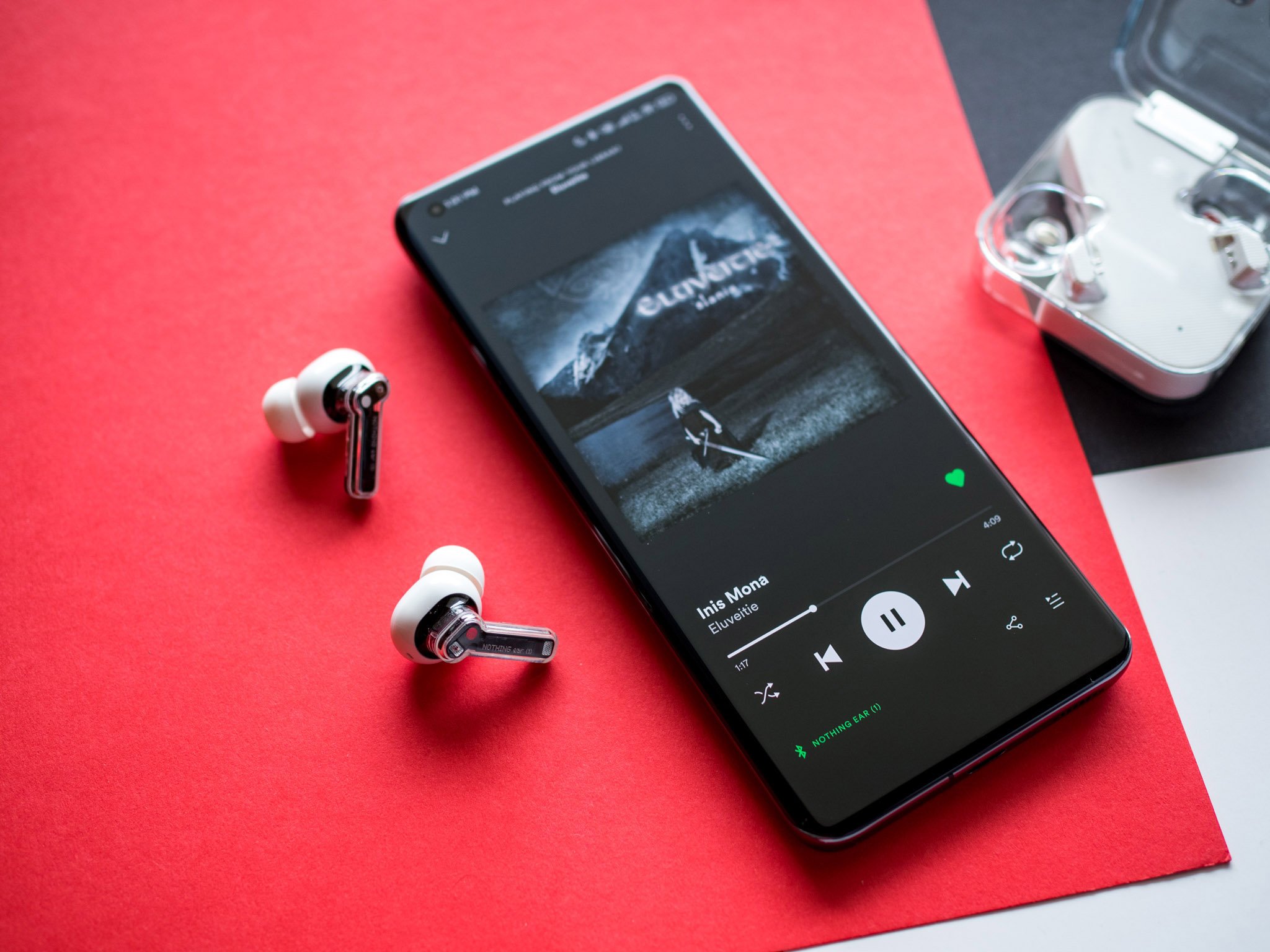
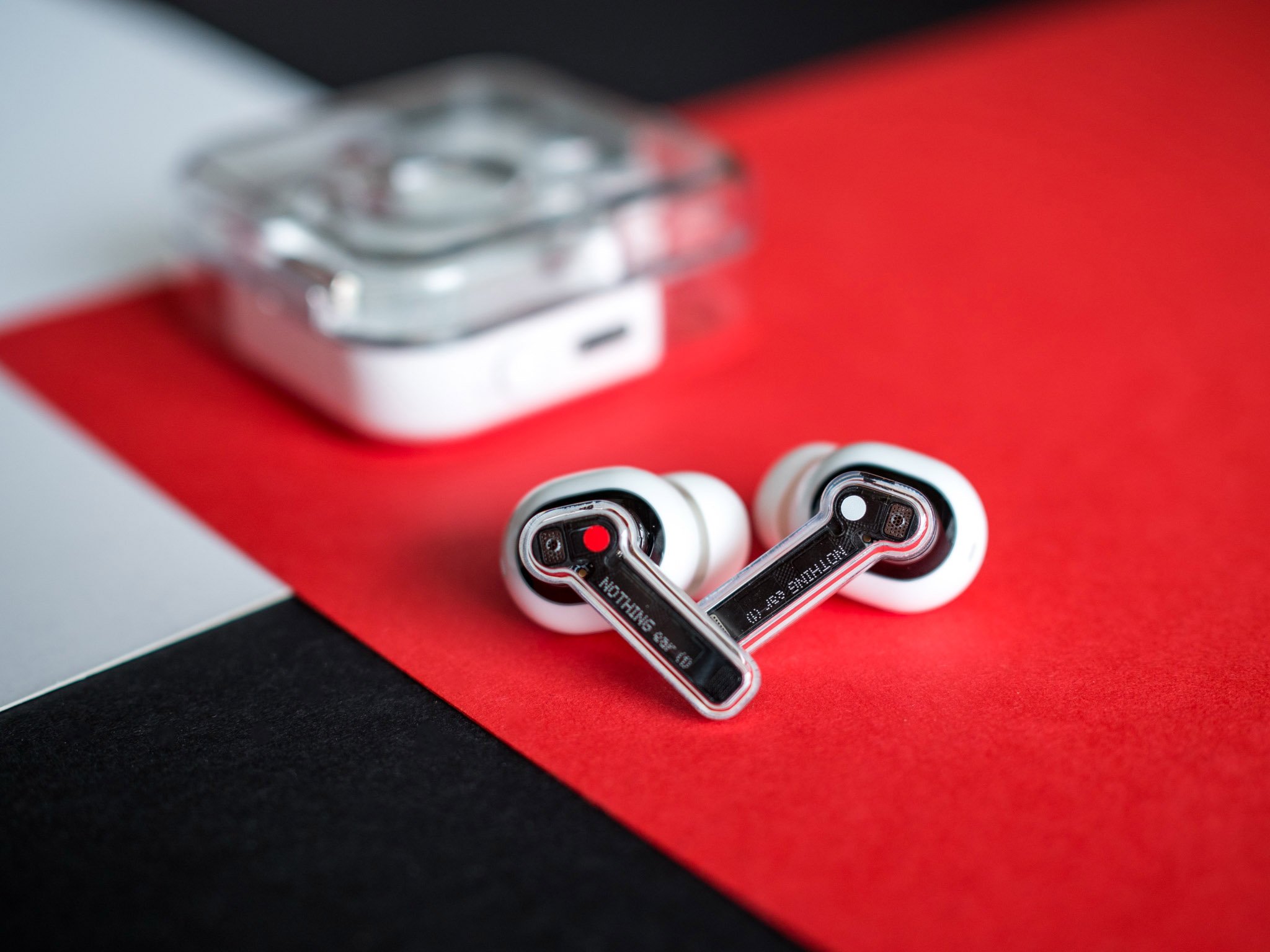
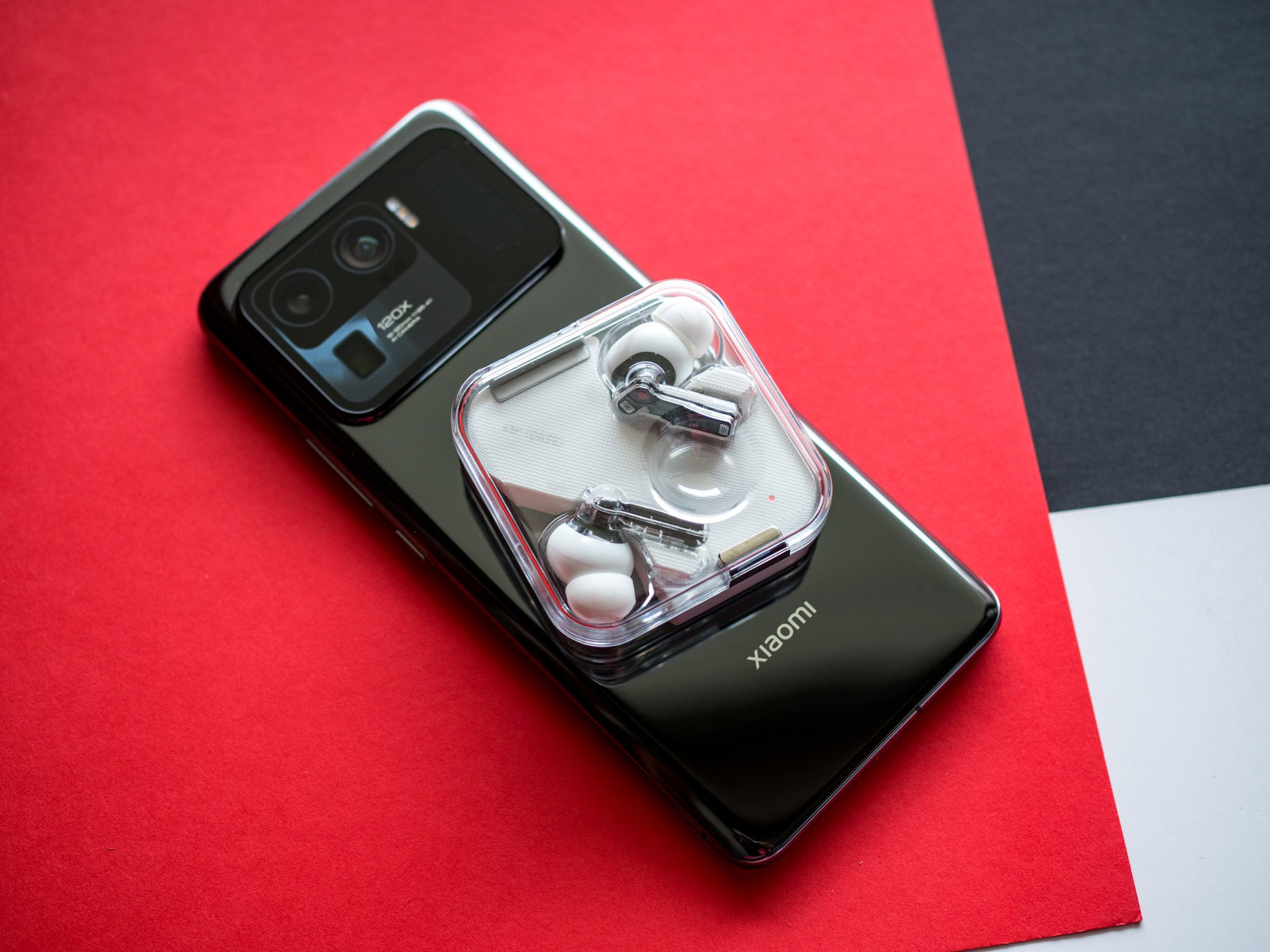
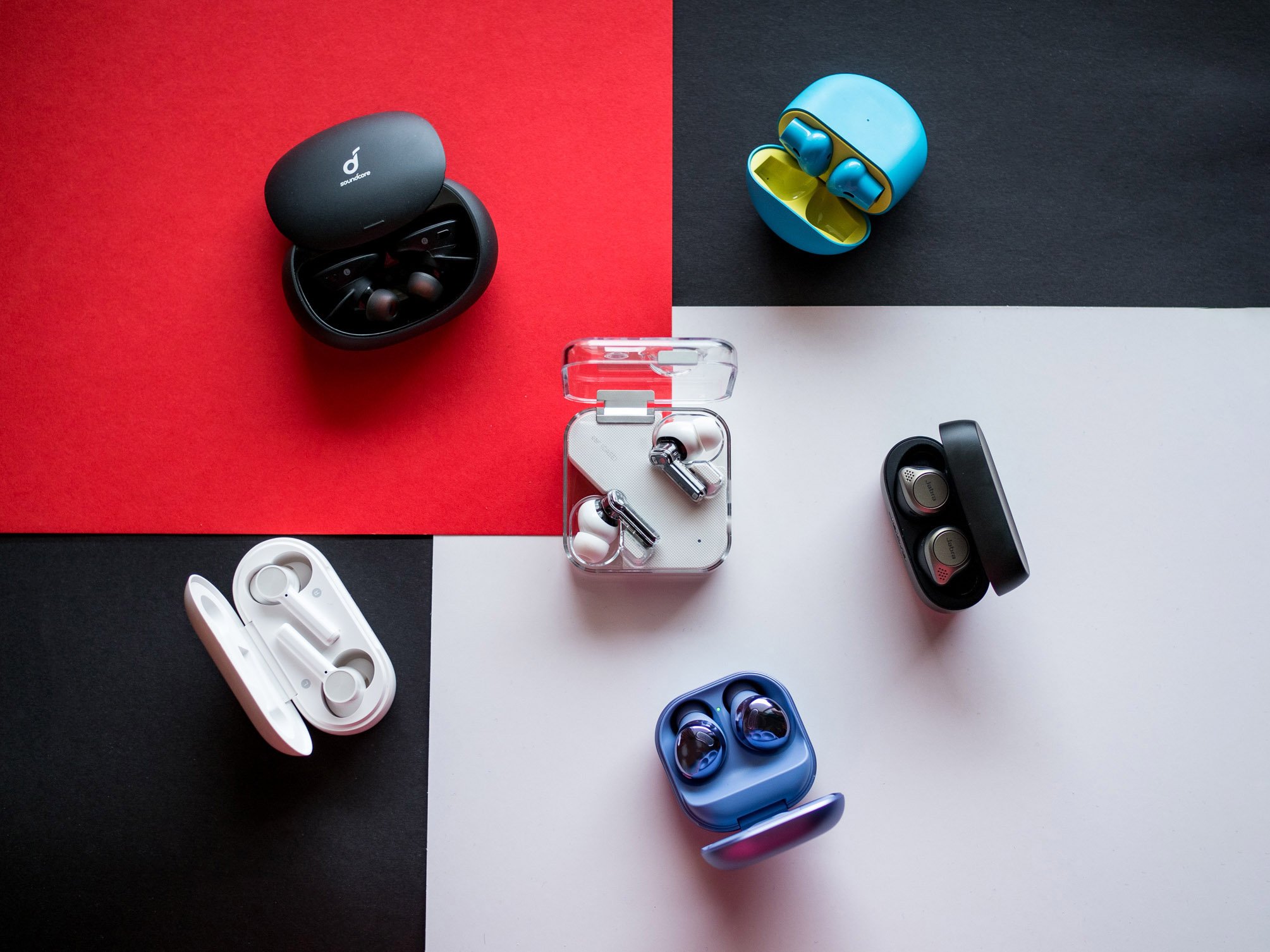
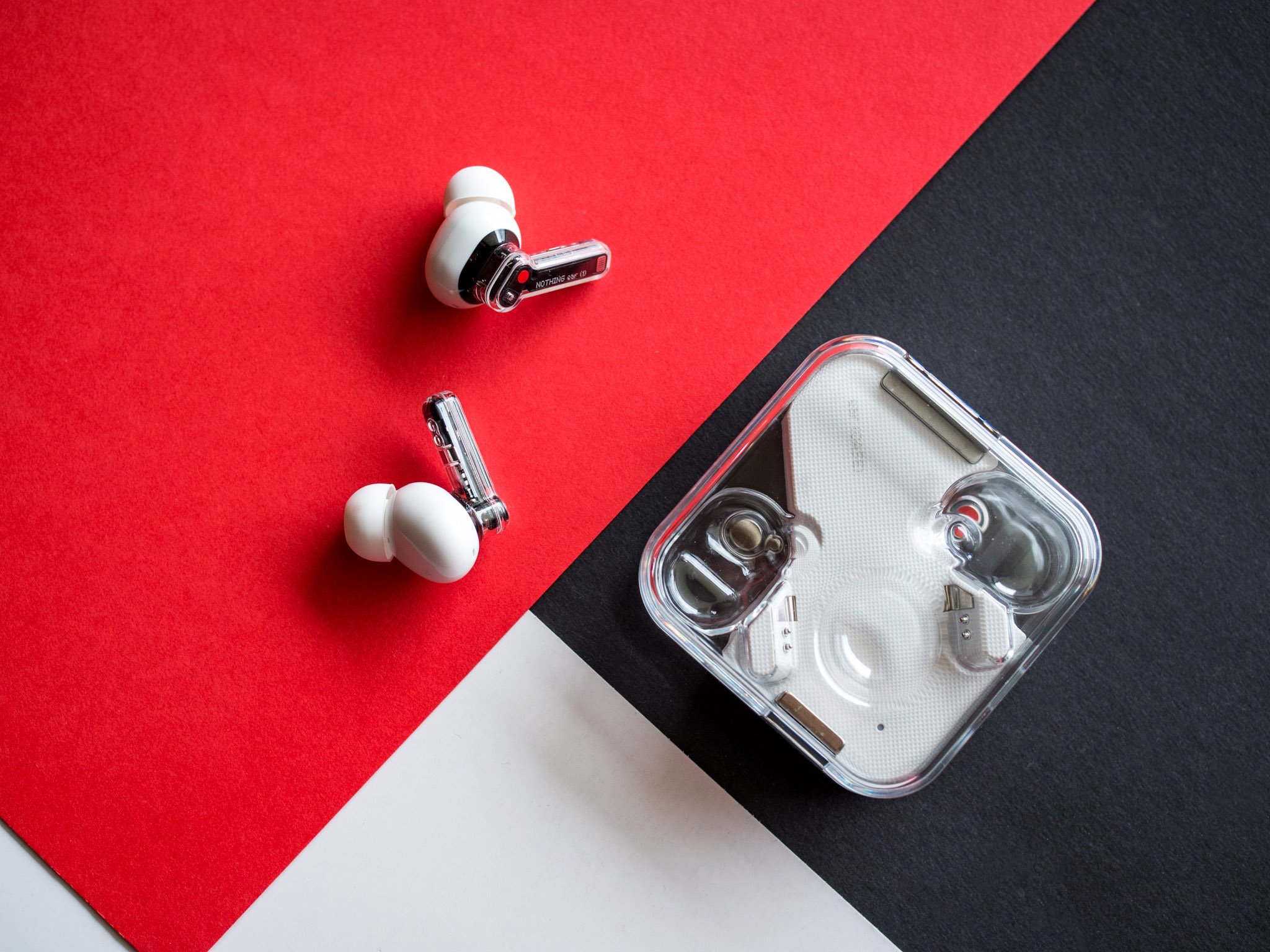
Tidak ada komentar:
Posting Komentar